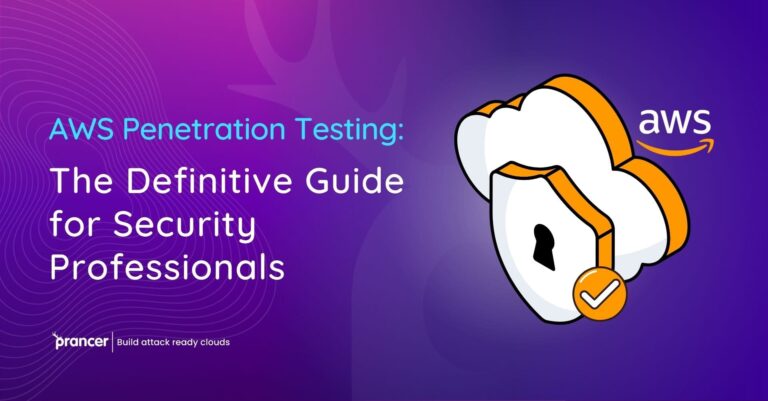

Developing a robust cloud security plan is vital for protecting applications, data, and ensuring compliance in today’s digital landscape. This article provides a step-by-step guide to creating an effective cloud security plan while emphasizing the value of automated security solutions by Prancer. Discover how Prancer’s advanced solutions can help you strengthen your cloud security and fortify your application security.
Step 1: Assessing Your Security Needs: The first step in creating a cloud security plan is to assess your organization’s security needs and identify potential risks and vulnerabilities. This includes evaluating the sensitivity of your data, compliance requirements, and specific threat scenarios that are relevant to your cloud environment.
Step 2: Defining Security Policies and Controls: Once the security needs are identified, the next step is to define comprehensive security policies and controls. This involves establishing guidelines for access management, data encryption, incident response, vulnerability management, and other security measures that align with your organization’s objectives and requirements.
Step 3: Implementing Automated Security Solutions: Automated security solutions, such as those offered by Prancer, play a crucial role in implementing and maintaining an effective cloud security plan. By leveraging intelligent algorithms, continuous monitoring, and real-time threat intelligence, these solutions can automate security assessments, detect vulnerabilities, and provide actionable insights to mitigate risks.
In addition to the automated security solutions highlighted above, Prancer offers features such as secure code storage, access controls, and real-time threat intelligence to further enhance cloud security planning. With Prancer’s comprehensive suite of automated security solutions, organizations can strengthen their cloud security plans, protect sensitive data, and fortify their application security.
Strengthen Your Application Security with Prancer’s Automated Solutions and a Robust Cloud Security Plan
Creating an effective cloud security plan is vital for protecting applications, data, and ensuring compliance. By leveraging Prancer’s advanced automated security solutions, organizations can enhance their risk assessments, develop comprehensive security policies, and facilitate incident response and recovery planning. Secure your cloud environment, safeguard your applications, and fortify your overall application security with Prancer’s comprehensive suite of automated security solutions.
